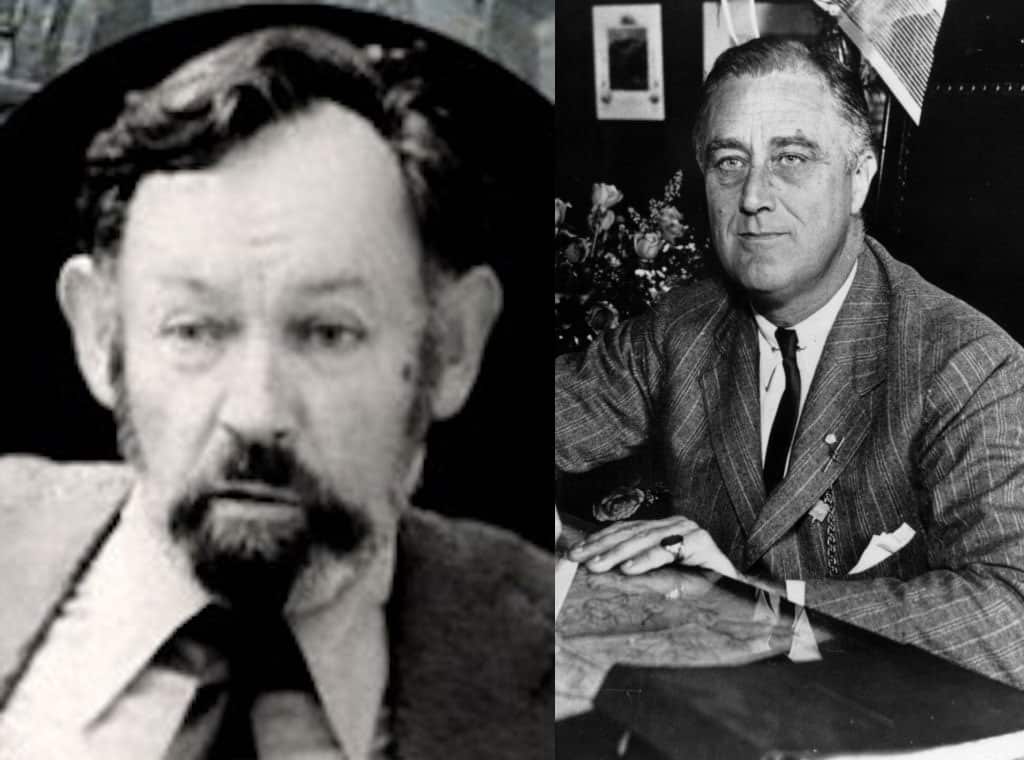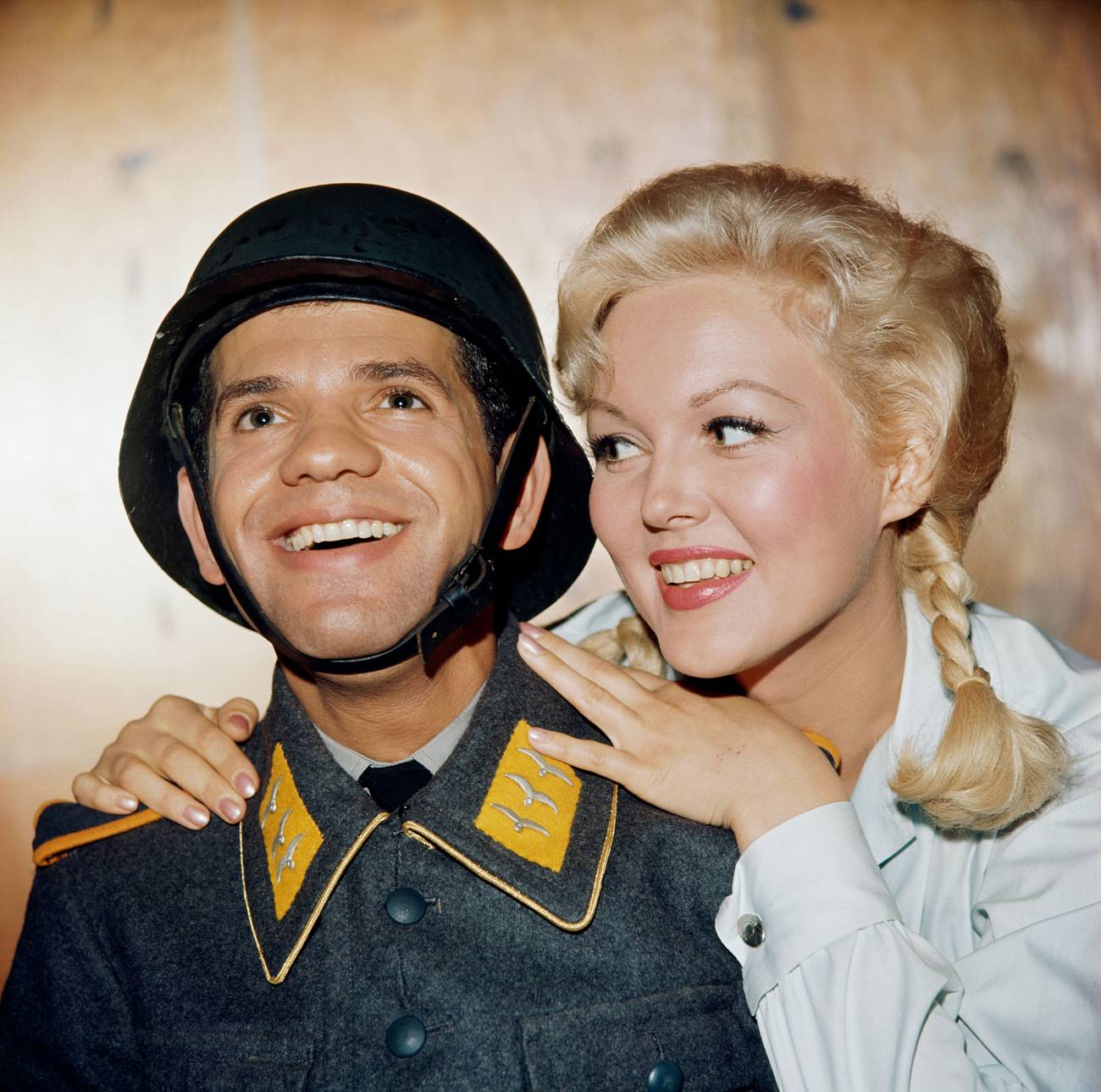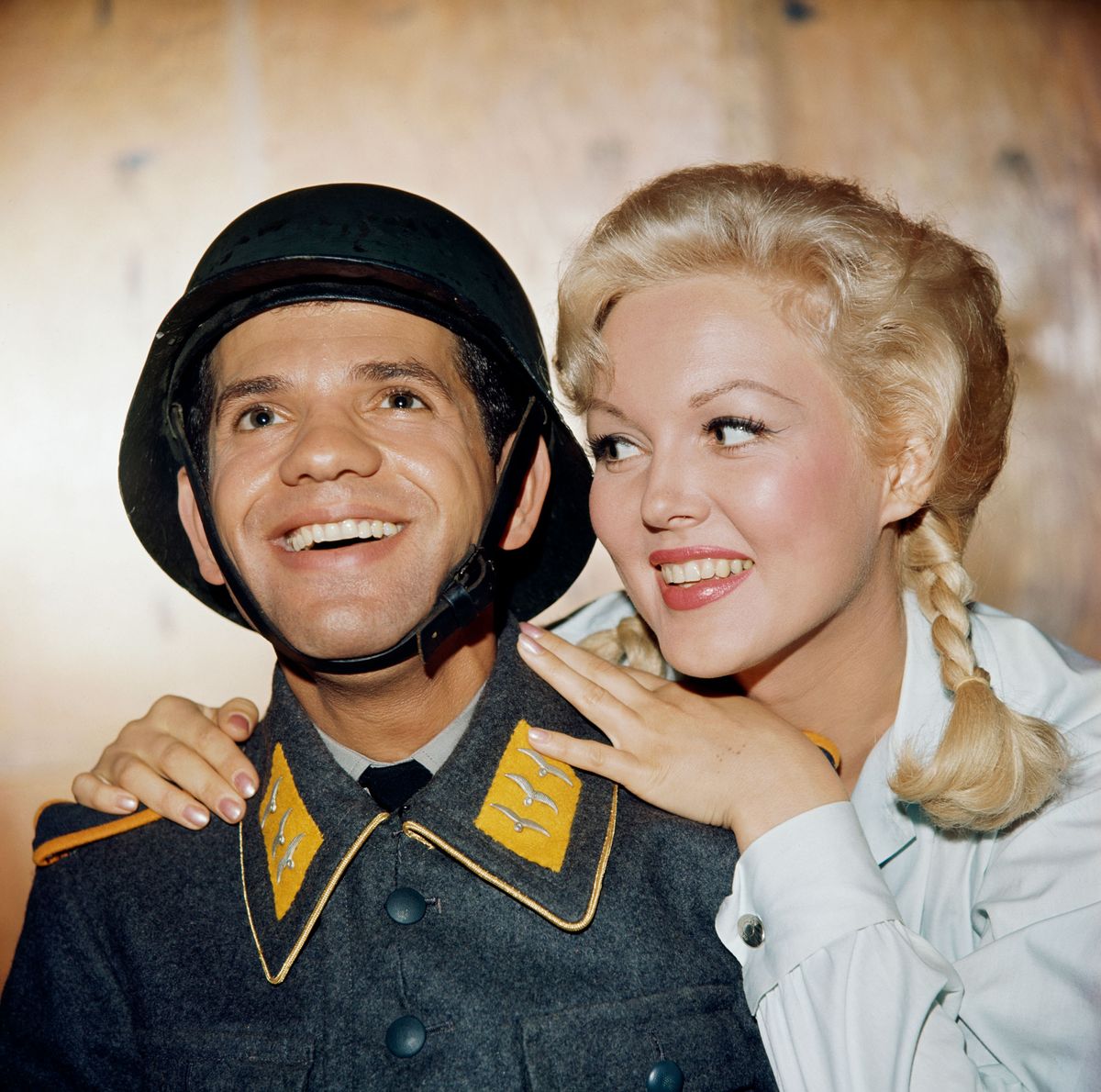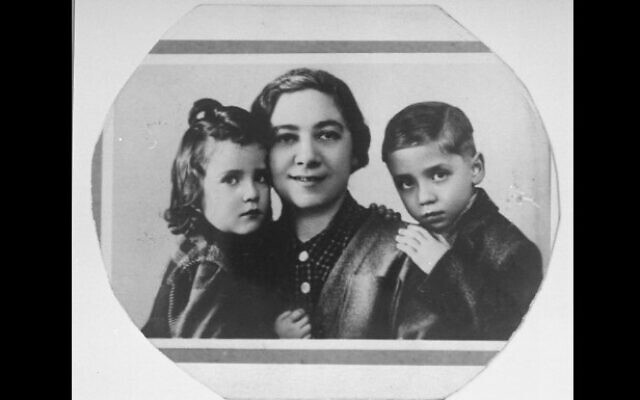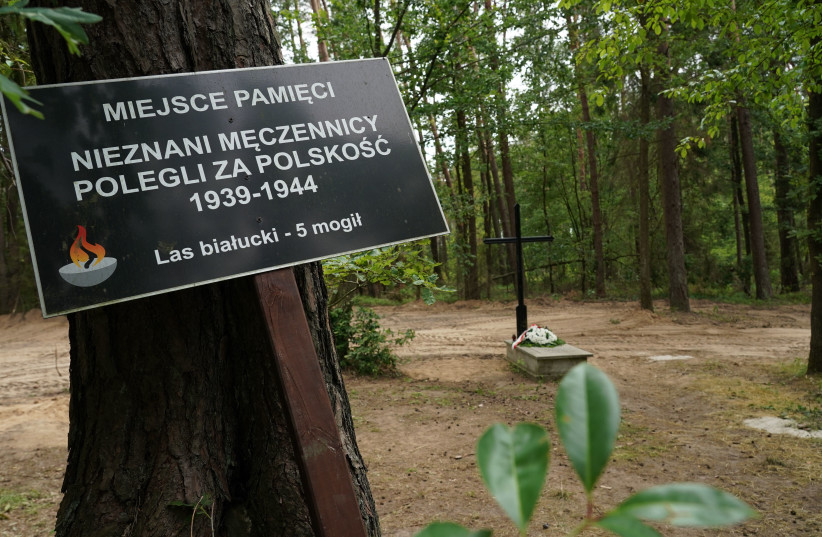Sixties Fan
Diamond Member
- Mar 6, 2017
- 73,240
- 12,704
- 2,290
- Thread starter
- #281
In Resistance, Halik Kochanski, the author of The Eagle Unbowed: Poland and the Poles in the Second World War, provides a history of the disparate actions taken by underground forces throughout Europe and their impact. Stunning in the breadth and depth of its research, analysis and exposition, Resistance is certain to become the authoritative work on this subject.
Kochanski acknowledges that the number of people who actively resisted the Nazis in occupied countries was small. After all, overt acts of resistance had minimal effect on the conduct of German military operations, risked reprisals against large numbers of innocent civilians, and usually lacked popular support.
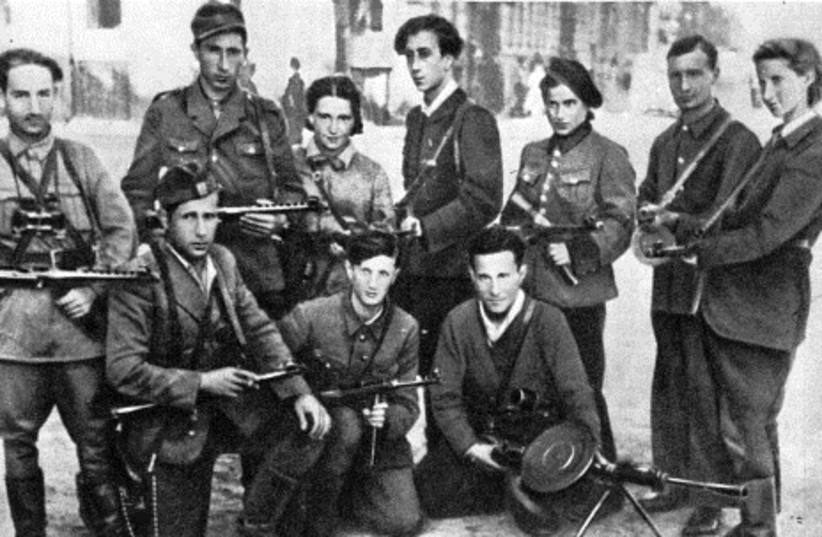
 Jewish fighters from the Vilna Ghetto (credit: Wikimedia Commons)
Jewish fighters from the Vilna Ghetto (credit: Wikimedia Commons)
Resisters, however, did play a pivotal role in supplying information about the location and movement of troops and warships, and possible plans of attack. A clandestine press complemented BBC broadcasts, which reached a far wider audience, countered Nazi propaganda and confirmed the existence of resistance movements.
In many European countries, Kochanski reveals, World War II was fought through “an infinite series of Chinese boxes of one struggle within another.” The resistance against occupying powers often led to two other conflicts, with different tactics and ultimate aims: a war against collaborators or perceived collaborators and a civil war for power once the nation was liberated.
(full article online)
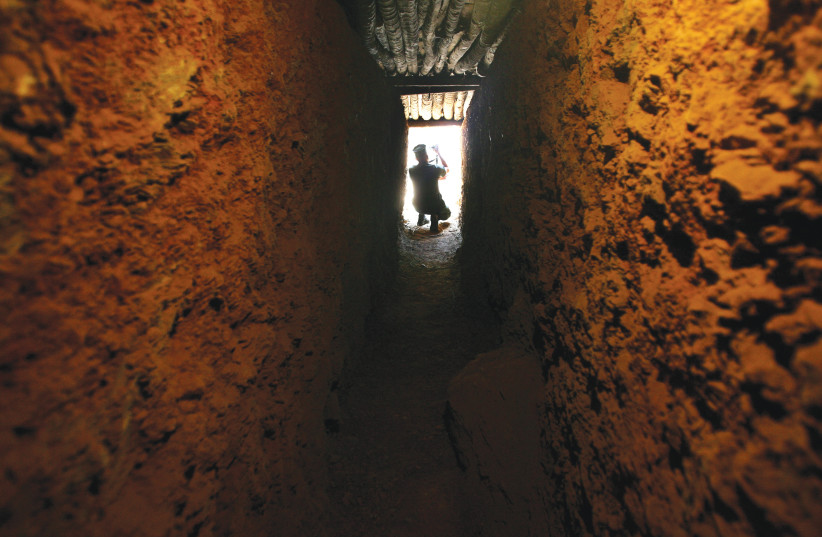
 www.jpost.com
www.jpost.com
Kochanski acknowledges that the number of people who actively resisted the Nazis in occupied countries was small. After all, overt acts of resistance had minimal effect on the conduct of German military operations, risked reprisals against large numbers of innocent civilians, and usually lacked popular support.

Resisters, however, did play a pivotal role in supplying information about the location and movement of troops and warships, and possible plans of attack. A clandestine press complemented BBC broadcasts, which reached a far wider audience, countered Nazi propaganda and confirmed the existence of resistance movements.
In many European countries, Kochanski reveals, World War II was fought through “an infinite series of Chinese boxes of one struggle within another.” The resistance against occupying powers often led to two other conflicts, with different tactics and ultimate aims: a war against collaborators or perceived collaborators and a civil war for power once the nation was liberated.
(full article online)

'Resistance': How underground forces sabotaged the Nazis - review
History of disparate actions by underground forces throughout Europe in World War II.




